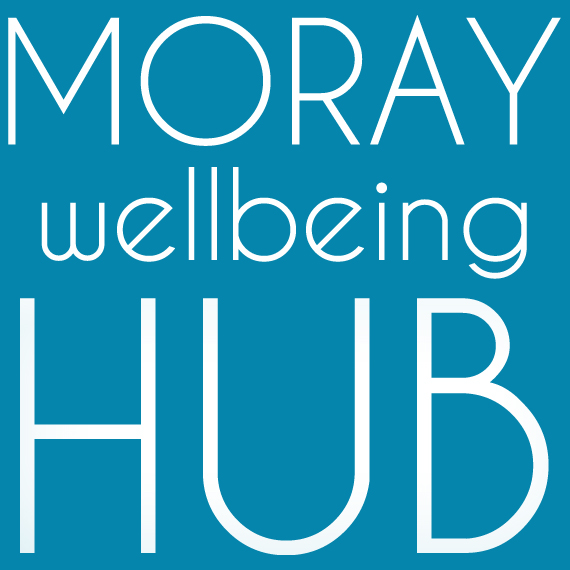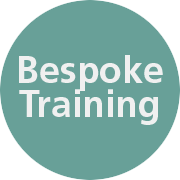Many thanks to Findhorn resident and mental health professional Sue Dominey for sharing these tips via the Forres ASG Covid & Community Group. This group is one of the many new collaboratives that bring small community C19 support groups together. You can find them and many other excellent supports via tsiMORAY’s COVID19 Community Portal.
MENTAL HEALTH and EMOTIONAL WELLNESS TIPS FOR COVID ISOLATION, by Sue Dominey
During these times of isolation, shielding, being furloughed, social distancing and reduced contact with family and friends, you may find that your moods are changeable, you may be feeling more emotional, anxious, sad or irritable and that your emotional wellbeing is suffering.
Under the current circumstances this is completely normal.
Holistic health and wellbeing is Physical, Emotional/ Psychological and Spiritual – Heart, Body and Soul, all of which require nourishment.
Here are some tips for Self-care and Emotional Wellbeing:
- Routine is important. Sleeping and waking up at a reasonable time, include time for work, rest and play as self-care. What really nourishes you?
- Try to get out at least once a day, for at least thirty minutes. It is amazing how much fresh air can do for spirits.
- Find some time to move each day, if you don’t feel comfortable going outside, there are many YouTube videos and online events that offer free movement classes, if all else fails, turn on the music and have a dance.
- It isn’t always easy when we are feeling low to reach out to others, but a listening ear and friendly face is at hand either by phone or online, or with a neighbour—connect with other people to seek and provide support.
- Stay hydrated and eat well. Drink plenty of water, eat some good and nutritious foods, and allow yourself a few treats!
- Develop a self-care comforting routine that works for you: A soft blanket for snuggling, a hot chocolate, photos of loved ones and holidays, music that’s good for your soul, singing, lavender baths, writing a journal, an inspirational book, mindful colouring books, gentle meditation as well as breath awareness, barefoot walking in the Bay, birdsong and gardening
- Give everyone the benefit of the doubt, and a wide berth. A lot of cooped up time can bring out both the best and the worst in everyone. Each person will have moments when they will not be at their best. It is important to move with grace through disagreements. Everyone is doing the best they can to make it through this.
- Find your own retreat space. If you are living with others it is good to know that even when we are on top of each other, we have our own special place to go to be alone. A ‘Sit Spot’ by a tree, (watch out for Tics – they are around), by a pond or the sea, or a quiet corner in your home.
- Expect behavioural issues in children, and respond gently. We are all struggling with disruption in routine, none more than children, who rely on routines constructed by others to make them feel safe and to know what comes next. Hold stable and focus on emotional connection.
- Lower expectations and give yourself what psychologists call “radical self acceptance”: accepting everything about yourself, your current situation, and your life without question, blame, or pushback. You cannot fail at this—there is no roadmap, no precedent for this, and we are all truly doing the best we can in an impossible situation.
- Limit social media and COVID conversation, too much of this can increase stress and anxiety.
- Notice the good in the world, the helpers, the gifts, the kindness, silver linings. Counter-balance heavy information with hopeful information.
- Reaching out to help others. Find ways, big and small, to give back to others. This gives us a sense of agency when things seem out of control. It helps to anchor and ground us when bigger things are chaotic.
- Find something that will keep you busy, distracted, and engaged to take breaks from what is going on in the outside world. knitting, sewing, colouring, painting, jigsaws, reading, crafting can be effective at self-soothing and maintaining self-regulation in moments of distress.
- Find an expressive art and go for it. Our emotional brain is very receptive to the creative arts, and it is a direct portal for release of feeling. Collaging, make a mandala, expressive writing, playing in the sand with pebbles and shells, making art with natural materials outside.
- Find lightness and humour in each day. There is a lot to be worried about, and with good reason, counterbalance with something funny each day:
- Reach out for help — A neighbour, a friend, if it is easier for you to talk on the phone there are helplines, and online resources. Be Kind.
- ‘Chunk’ your quarantine, take it moment by moment. We have no road map for this. We don’t know what this will look like in 1 day, 1 week, or 1 month from now. Engaging in a strategy called “chunking”—focusing on whatever bite-sized piece of a challenge that feels manageable. Whether that be 5 minutes, a day, or a week at a time—find what feels doable for you, and set a time stamp for how far ahead in the future you will let yourself worry. Take each chunk one at a time, and move through stress in pieces.
- Remind yourself daily that this is temporary. It can seem in the midst of this quarantine that it will never end. Please take time to remind yourself that although this is very scary and difficult, and will go on for an undetermined amount of time, it is a season of life and it will pass. We will return to feeing free, safe, and connected in the days ahead.
- Find the lesson. This whole crisis can seem sad, senseless, and at times, avoidable. When psychologists work with trauma, a key feature to helping someone work through trauma is to help them find their agency, the potential positive outcomes they can effect, the meaning and construction that can come out of destruction. What can each of us learn here, in big and small ways, from this crisis? What needs to change in ourselves, our homes, our communities, our nation, and our world?
Useful On-line Mental Health Resources:
- Check out our online wellbeing resources and events. Tel Moray Wellbeing Hub CIC (answer phone) 01343 576219 for 1-2-1 support and Digital Access Fund to support online connection
- Moray Wellness Centre and 1st response service, http://www.penumbra.org.uk/ Area Office Aberdeen (North area) 01224 642 854. Penumbra is one of Scotland’s largest mental health charities. Supporting around 1800 adults and young people every week and employ 400 staff across Scotland.
- NHS Grampian C19 Psychological Resilience Hub






